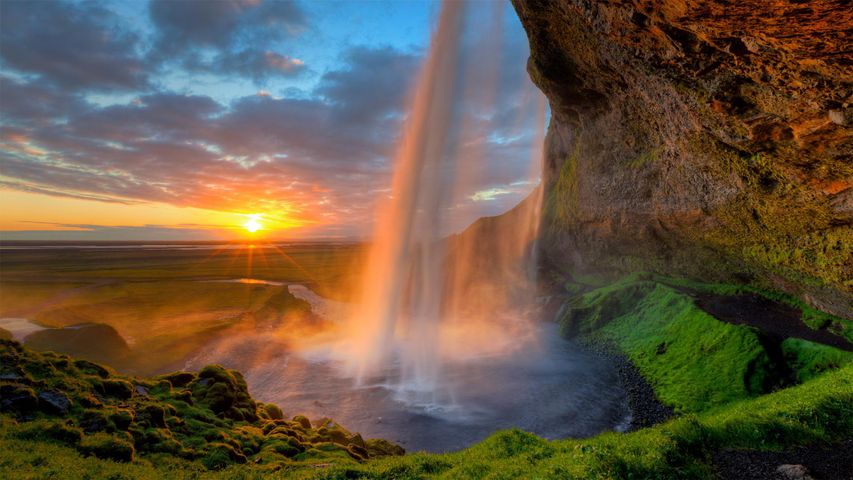Yasuní National Park in Amazonian Ecuador
© Paul Bertner/Minden Picture
The lungs of Earth. World Rainforest Day
Perhaps no other place on Earth plays a more crucial role in sustaining life as we know it than the Amazon rainforest, the largest in the world. The Amazon spans nine countries in South America including Ecuador, where this pristine ecoregion is protected by the Yasuní National Park, shown here. Today is set aside as World Rainforest Day, to remember the vital role of this and other rainforests and to champion efforts to protect them. The world’s rainforests are under threat like never before from deforestation driven by agriculture and cattle ranching. Some studies have indicated humans have degraded or destroyed more than half of the world’s rainforests. Fewer trees mean warmer temperatures, which increases the risk of drought and wildfire and compounds the damage of deforestation.
The Amazon has been called the lungs of the planet because the estimated 390 billion trees here convert much of the oxygen humans and other animals need to survive. The Amazon also cools our planet by capturing and storing carbon. It is as much the planet’s air conditioner as it is its lungs. For that reason, the health of rainforests is crucial to arresting climate change.
The other gift of rainforests, and of the Amazon, in particular, is biodiversity. The number of species of plants, animals, and insects in the Amazon is not in the thousands, but in the millions. Scientists estimate half of the planet’s biodiversity exists in the Amazon. In fact, many of our modern pharmaceuticals are derived from Amazon plants. That makes the Amazon, not just the Earth’s lungs and air conditioning, but also its medicine cabinet.
Related Images
Bing Today Images
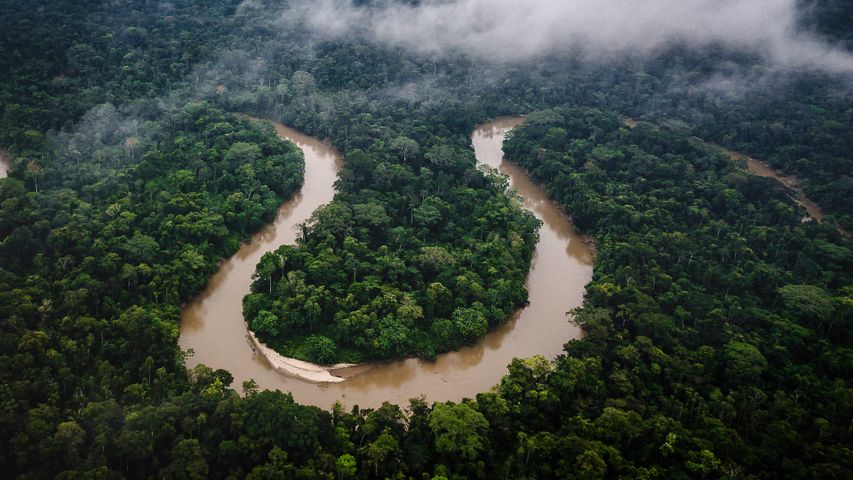
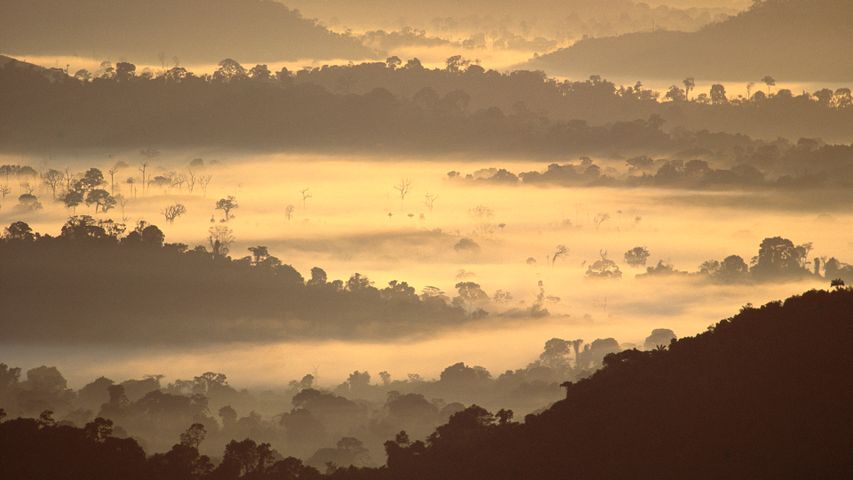
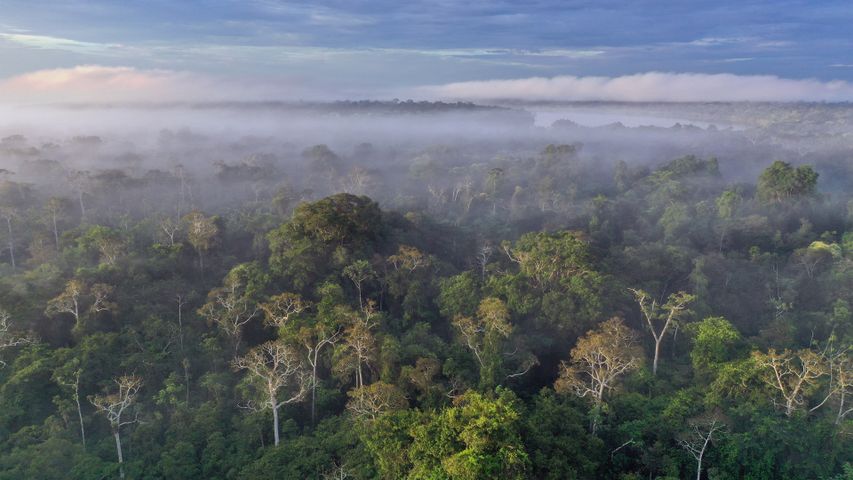
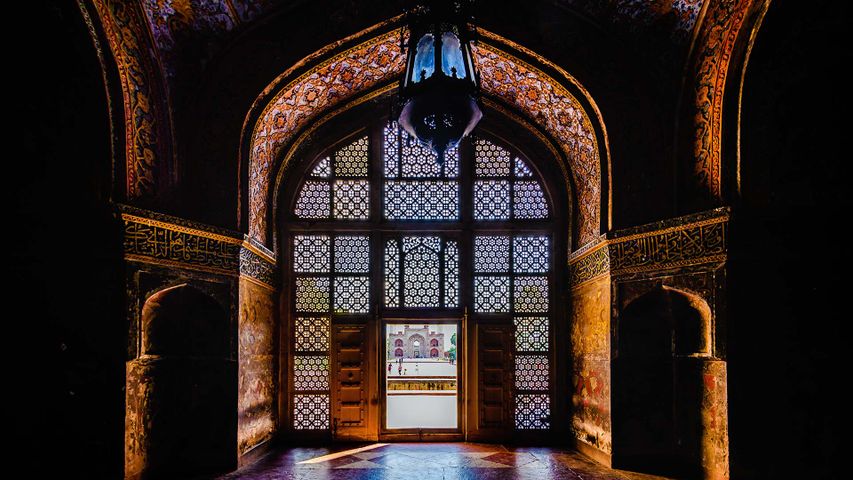
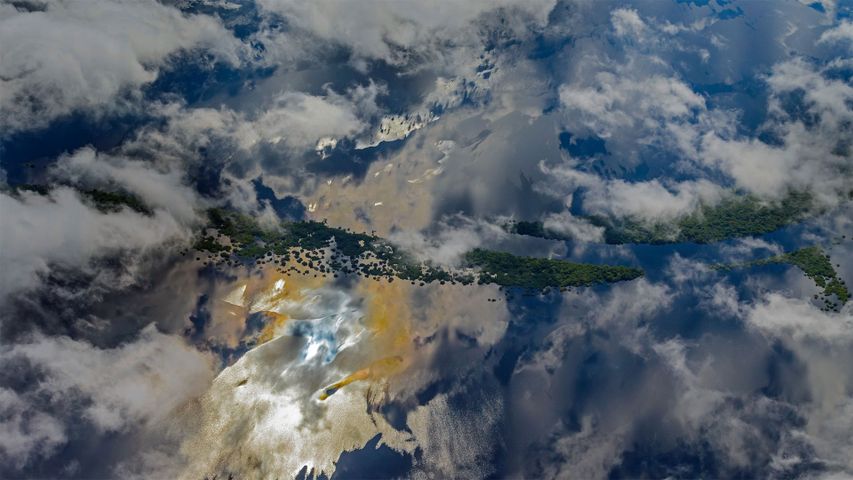
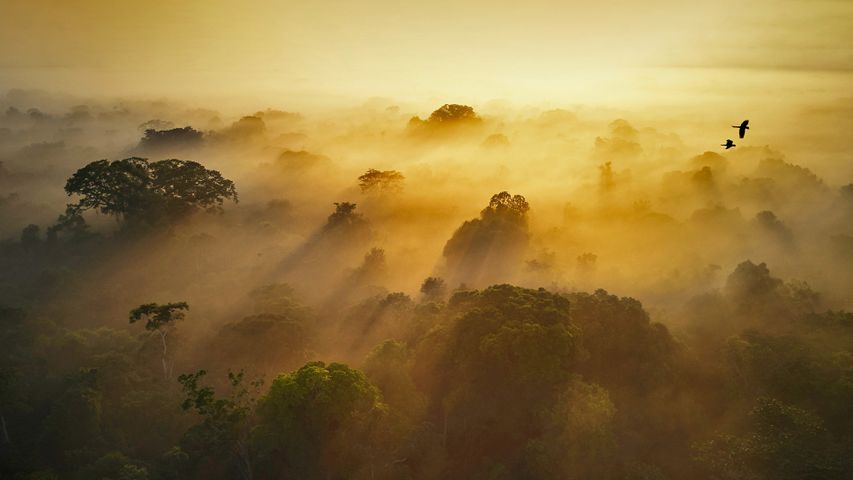
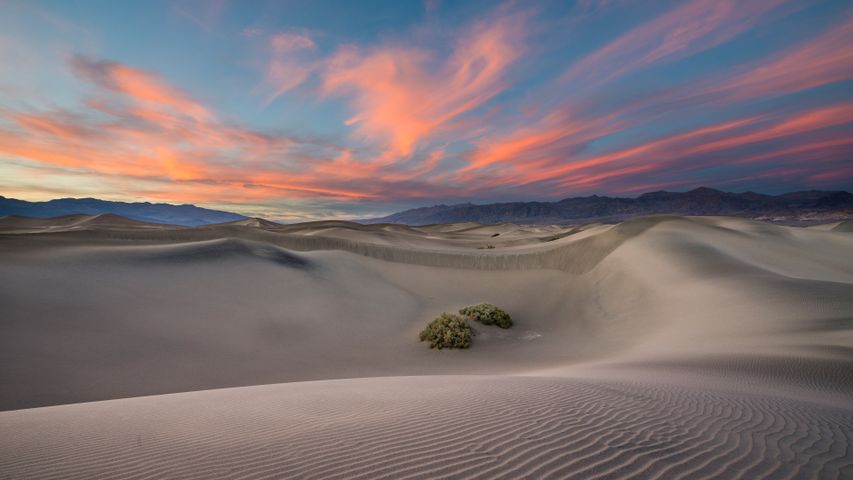 Mesquite Flat Sand Dunes in Death Valley National Park, California, United States
Mesquite Flat Sand Dunes in Death Valley National Park, California, United States
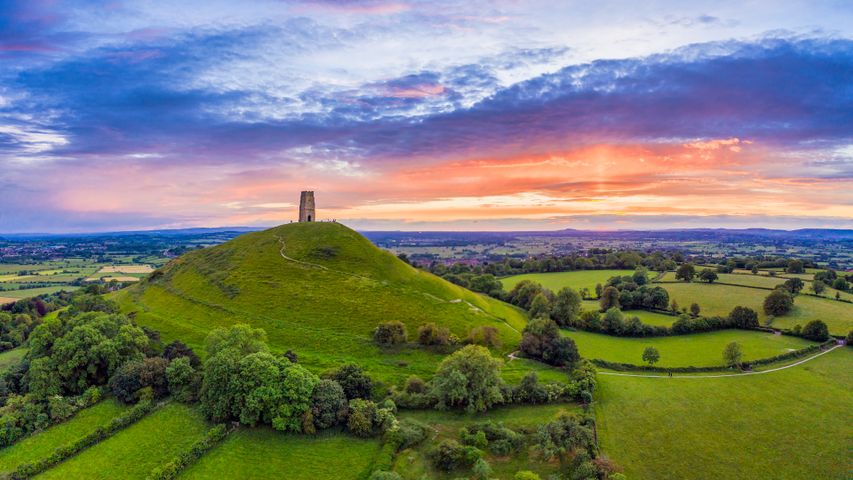 St. Michael's Church Tower on Glastonbury Tor, Glastonbury, Somerset, England
St. Michael's Church Tower on Glastonbury Tor, Glastonbury, Somerset, England
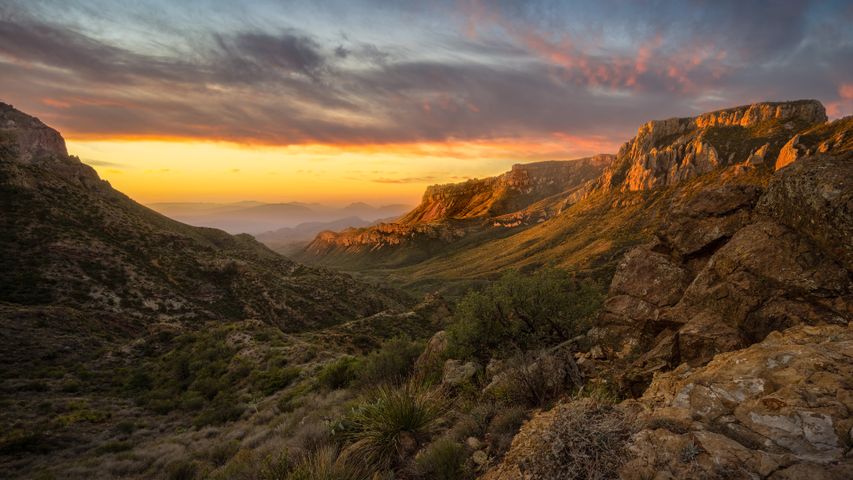 Chisos Mountains, Big Bend National Park, Texas, United States
Chisos Mountains, Big Bend National Park, Texas, United States
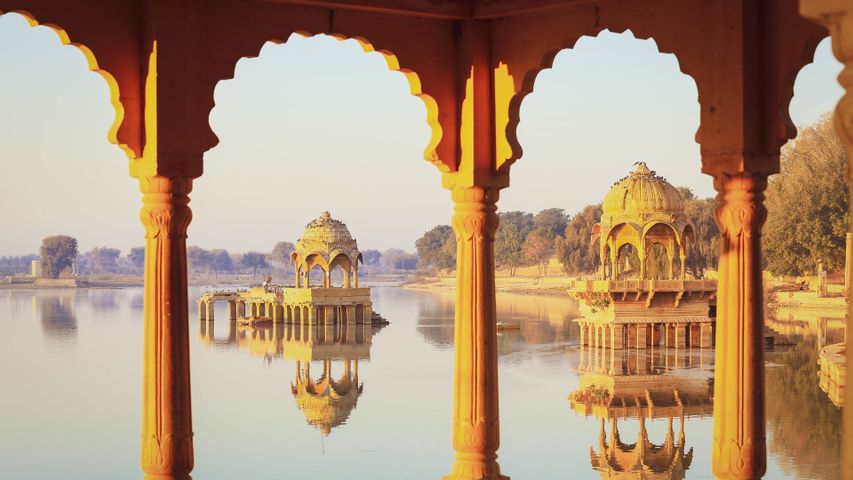 Gadisar Lake, Jaisalmer, Rajasthan
Gadisar Lake, Jaisalmer, Rajasthan
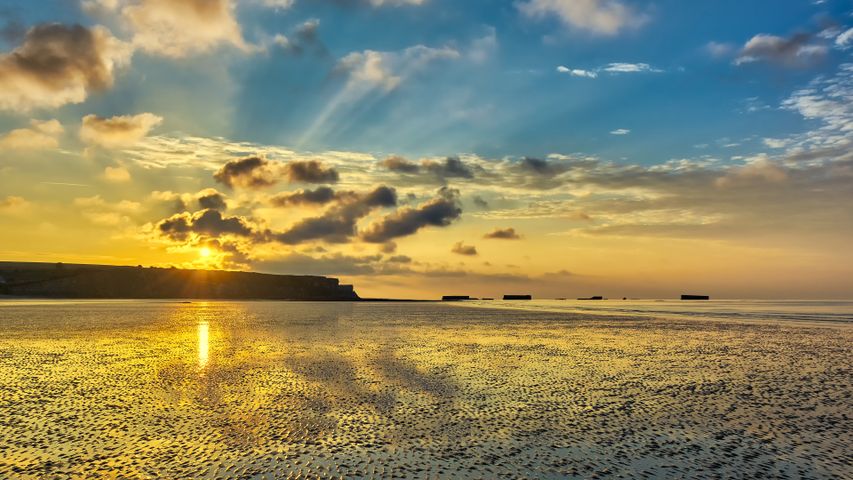 Arromanches-les-Bains in Normandy, France
Arromanches-les-Bains in Normandy, France
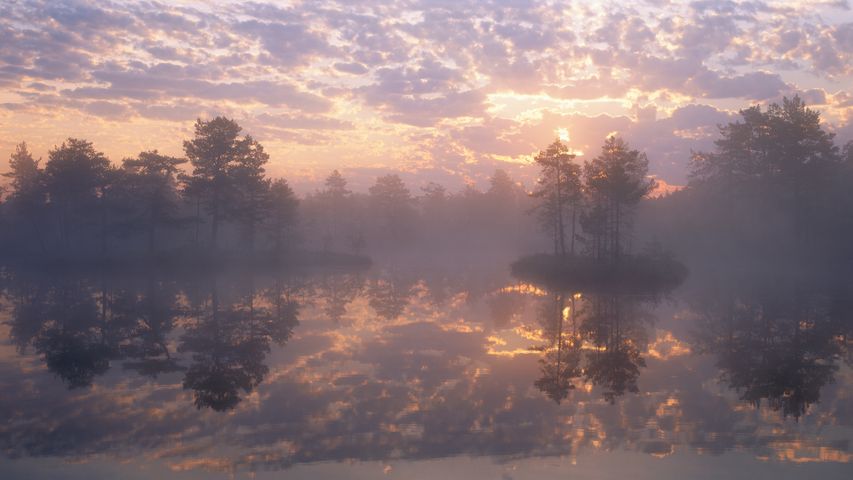 Knuthöjdsmossen nature reserve, Sweden
Knuthöjdsmossen nature reserve, Sweden
 Mount Hamilton, San Francisco Bay Area, California, United States
Mount Hamilton, San Francisco Bay Area, California, United States
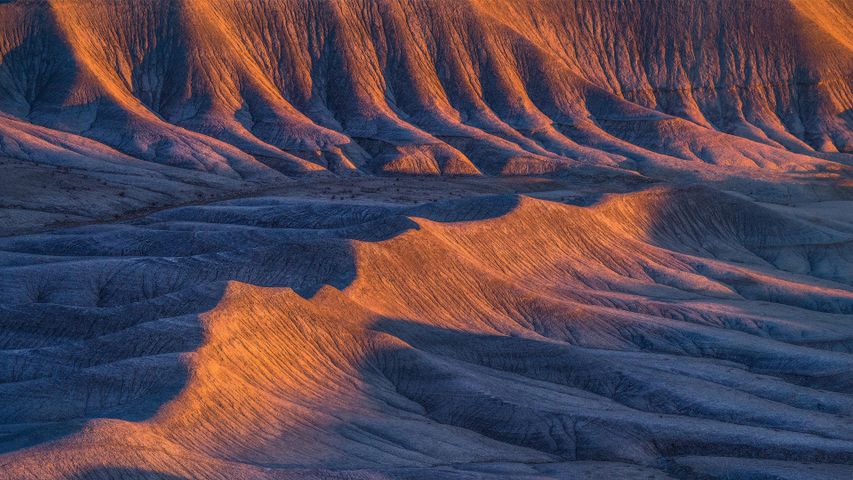 Sandstone formations in the badlands near Caineville, Utah, United States
Sandstone formations in the badlands near Caineville, Utah, United States
